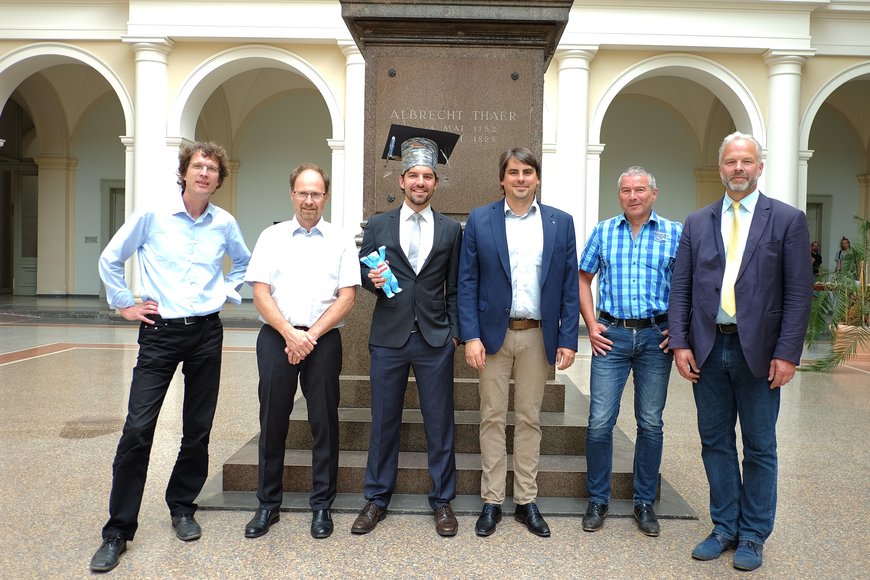In the core empirical work of Christopher T. Monk's dissertation he used reality-mining (machine sensed data recording behaviour in high resolution) to study the importance of interactions between fish and fishers with respect to angling vulnerability. Mr. Monk measured the behaviour of four species, common carp (Cyprinus carpio), tench (Tinca tinca), northern pike (Esox lucius) and Eurasian perch (Perca fluviatilis) in a 25 ha research lake subjected to experimental fishing. He also recorded the movement of volunteer perch anglers searching for perch. Chris found that activity and movement behaviours were generally unpredictive of whether a fish will be captured or not and the encounter with a fishing gear was less important than expected. Active carp, tench and perch with large home ranges are therefore unlikely to be selectively captured; however, Mr. Monk observed greater vulnerability to angling for large pike with large home ranges. From the angler perspective, he found anglers who self-identified as more skilled indeed had higher catch rates, but this was not manifested through improved searching abilities or fish finding ability. Rather, higher skilled anglers appeared better able to entice a vulnerable fish to bite following an encounter.
PhD student Christopher T. Monk completes PhD thesis with Summa Cum Laude!
Angler , Fish biology , Fisheries Management

Published
: 0
Title
:
